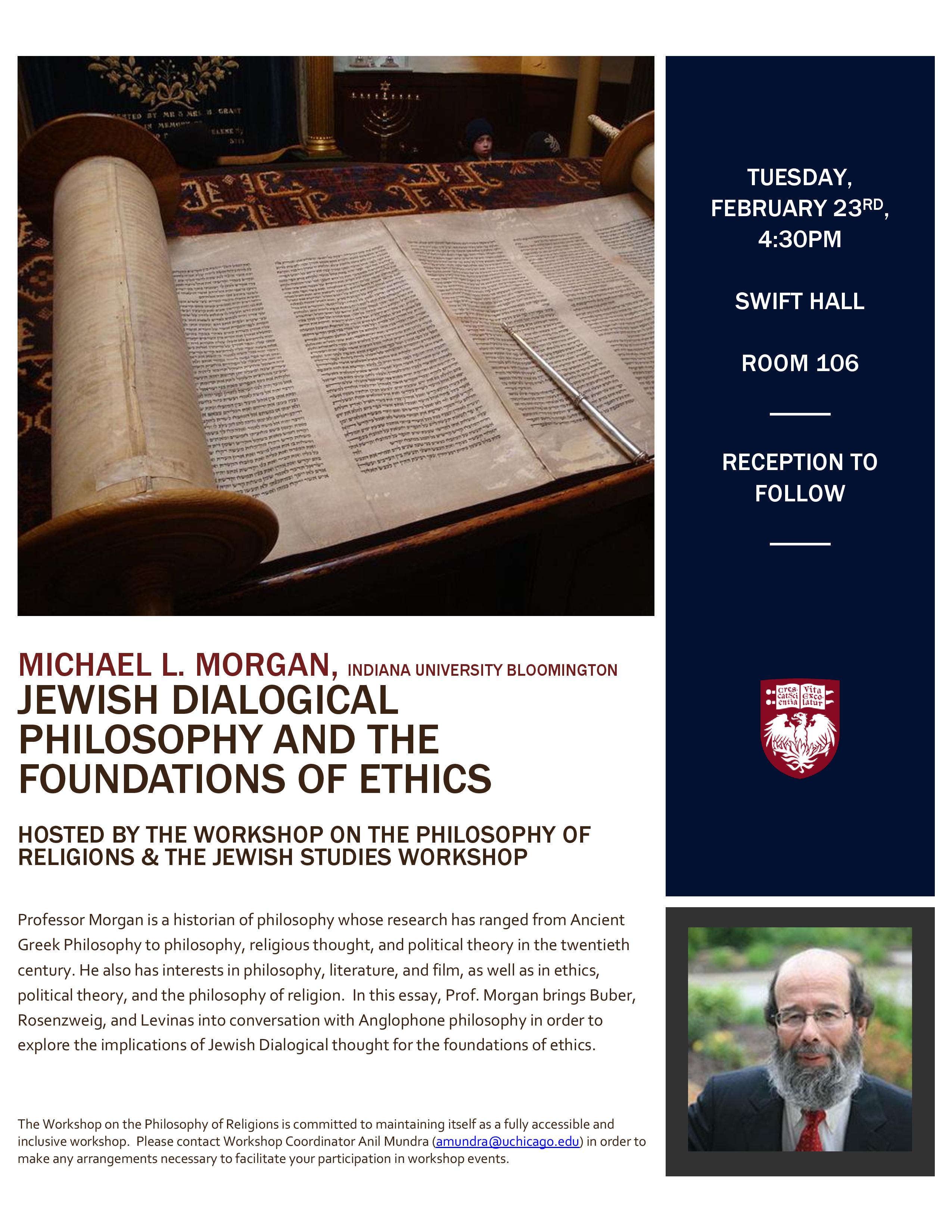Bettina Bergo
Professor of Philosophy, University of Montreal
And God Created Woman
Tuesday, February 28, 4:30pm, Swift 201
Emmanuel Levinas wrote his « And God Created Woman » (Tractate Berakhot, 61a) between 1972 and 1973 in the shadow of “mai soixante-huit”. It follows, even stands in the shadow of his “Judaism and Revolution” (a reading of Baba Metsia 83), which appeared in 1969. The two Talmudic readings arguably share a guiding thread, although their discussions are quite different: in 1969 it is social and metaphysical alienation; in 1972, it concerns an enigmatic domain of justice situated between the universal and the particular. Thus Levinas’ clin d’oeil to Godard’s film with Bardot focuses on “a difference that does not compromise equity,” before it so much as touches on sexual difference. Perhaps predictably, we find running through the debate about God’s ‘second’ creature (viz., is the rib from which Eve is created a face, or rather a tail?), the question of alterity itself. But is this not one of those abstractions—flowing out of phenomenological formalism—that belies its lived origin in our experiences of or with actual people? Alterity and its “modalizations” would be the question that opens to that of justice in this reading, as in Levinas’ Otherwise than Being. To understand this approach I compare his Talmudic reading with Daniel Sibony’s discussion of the discovery, après coup, of Eve, Isha, by Adam, Ish.
The Workshop on the Philosophy of Religions is committed to maintaining itself as a fully accessible and inclusive workshop. Please contact Workshop Coordinator Matthew Peterson (mjpeterson@uchicago.edu) in order to make any arrangements necessary to facilitate your participation in workshop events.


